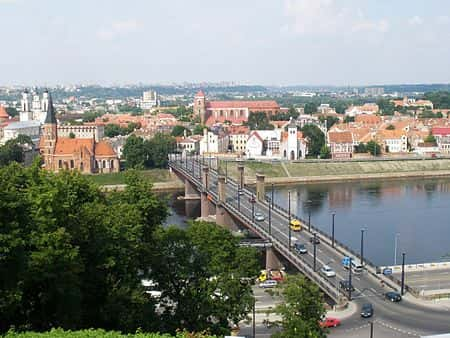
WEIGHT: 62 kg
Breast: E
One HOUR:60$
NIGHT: +70$
Services: Strap-ons, Sauna / Bath Houses, Role playing, Lesbi-show hard, Sex oral without condom
She was perhaps 70, quick to smile and happy to talk. I noticed her as I passed by the fishermen's cottages of Angeiras, a small town just 15 kilometres from Porto. She sat in the open doorway of her family's storage unit, waiting for her husband to return with the catch. Her family have fished here for generations but as she explained "The young people don't want to do this work. It is hard and dangerous, they want to do other things".
The grey, sea-fretted morning reminded me of my home town on England's north-east coast, where there was once a thriving fishing fleet, but where today there are only a handful of boats. It also reminded me that there is no guarantee of sunshine on Portugal's Atlantic coast during June.

The importance of fishing to Angeiras is emphasised by the paraphernalia stored along the pathway at the edge of the beach. Nets, baskets and flags used to mark the pots left at sea are piled up waiting for use or repair. A black and white cat roamed the nets, looking for tasty scraps and grew angry when one of the locals stroked her tail. Other less active or maybe less hungry felines dozed, waiting for the boats to return, knowing they would be thrown the rejected fish from the early morning catch.
Year-round fishing began here at the beginning of the twentieth century Prior to this, activity was seasonal and related to agricultural work. Small crabs and seaweed were gathered for use as fertilisers. Today's fishing activity includes the catch of pout, bass and octopus.

According to a sign on the beach pathway, the sardines and shrimps caught here are considered to be the best in Portugal. The beach is known as Praia des Pescadores, or, the beach of the fishermen. Dona Fatima was not the only one waiting for the boats. Small groups clustered around the cottages, talking, smoking and hoping that there had been a successful morning's work. Most of their families have been involved in fishing for generations but one young man said he had previously been a carpenter.

































